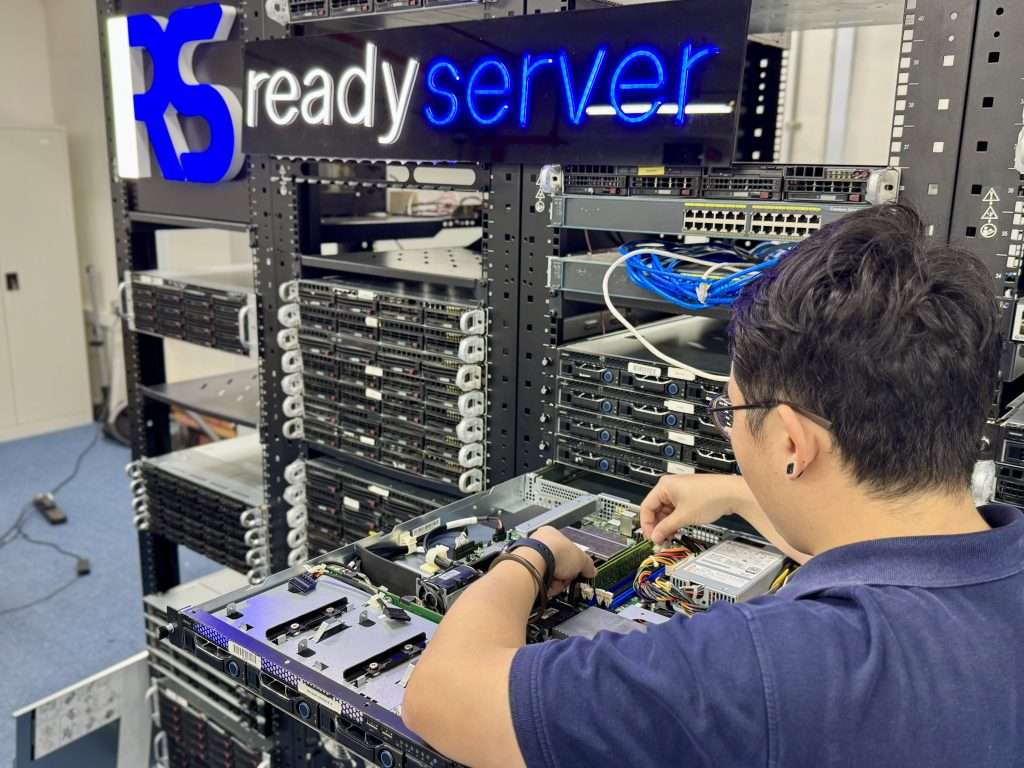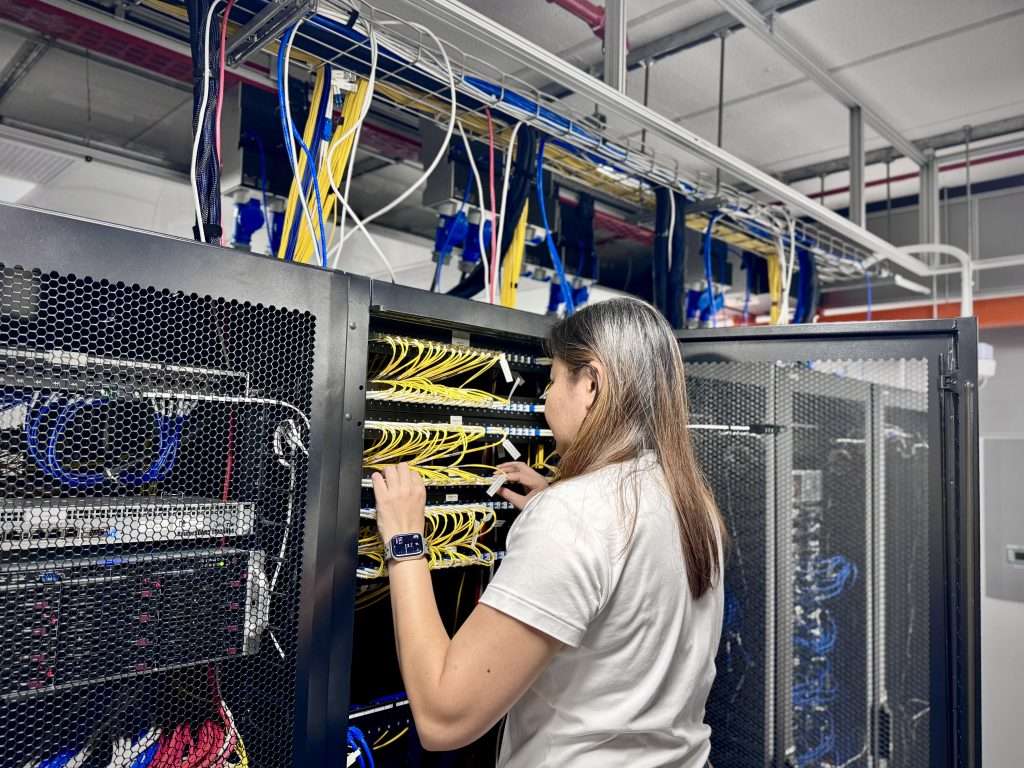Let’s face it—choosing a hosting plan isn’t something we think about every day. But as your website grows, the plan you started with might not cut it anymore. If you’ve noticed some unusual hiccups or slowdowns, it might be a sign that it’s time to level up. In this article, we’ll walk through five clear signs that you’re due for an upgrade—and how making the switch could save your site from bigger problems down the road.
Sign #1 – Your Website Is Slowing Down
How Speed Affects User Experience
We all hate waiting, especially online. If your pages are taking more than a few seconds to load, your visitors are likely bouncing off faster than you can say “lag.” Google also considers page speed in its ranking algorithm—so yes, slow speed could be hurting your SEO too.
What Causes Sluggish Performance?
Sometimes, it’s not your web design or content causing the slowdown—it’s your hosting. As more users visit your site or as your site grows in size, your hosting plan might start to struggle under the weight.
Shared Hosting Limitations
Shared hosting is affordable, but you’re literally sharing resources with dozens (if not hundreds) of other websites. If one site on the server spikes in traffic, everyone else feels it—including you.
Sign #2 – You’re Getting More Traffic Than Usual
Why Increased Traffic Needs More Resources
Great job! Your marketing is working and your traffic is growing. But with great traffic comes great responsibility—especially for your server. More visitors mean more demands on CPU, RAM, and bandwidth.
The Risk of Downtime and Crashes
If your site isn’t equipped to handle the load, it could crash during peak hours. Imagine losing sales or leads simply because your hosting can’t keep up. Not a good look.
Consider Scalable Hosting Options
Upgrading to a VPS, cloud, or dedicated server can give you the flexibility to grow without interruptions. Some plans even scale automatically based on your traffic needs.
Sign #3 – You’re Running Into Resource Limits
CPU, RAM, and Bandwidth Caps
Most basic hosting plans have strict resource limits. You might not notice them until your site starts misbehaving—slow loading, database errors, or backend crashes.
Frequent Error Messages or Site Timeouts
If you keep seeing messages like “resource limit reached” or experience frequent site timeouts, your server is crying for help. It’s a red flag that your current plan just isn’t enough.
VPS or Dedicated Hosting as Solutions
Upgrading to VPS or dedicated hosting gives you a chunk of server resources all to yourself. No more fighting over memory with strangers.
Sign #4 – You Need Better Security Features
Basic Hosting Plans May Lack Proper Protection
Security isn’t just about having a strong password. If you’re still on a basic plan, you might not have firewall protection, malware scanning, or automatic backups.
Handling Sensitive Data or E-commerce?
If you run an online store or collect personal information, security should be a top priority. A breach could ruin your reputation—and your business.
Benefits of Upgraded Hosting Security
Advanced hosting plans usually include SSL certificates, daily backups, and more robust protection layers. You’ll sleep better knowing your site (and your users) are safer.
Sign #5 – You Want More Control and Customisation
Restrictions in Shared Hosting
Feeling boxed in? Many shared hosting plans limit what software you can install or settings you can tweak. This can hold you back if you want to do more advanced things.
Root Access, Custom Software, and Performance Tuning
Upgraded plans give you control over your server environment. Install custom apps, adjust settings for better performance, or even choose your preferred operating system.
The Advantage of Managed VPS or Dedicated Plans
With managed plans, you get control and convenience. The host handles updates and maintenance, so you can focus on your business, not your server.
Bonus Tip – Your Website Is Growing Fast
Planning Ahead for Scalability
If you’ve got big plans—new product launches, a marketing blitz, or expansion—then upgrading early can help you stay ahead of demand.
Why Waiting Can Cost You More Later
Delaying the upgrade could lead to downtime, lost customers, or emergency migrations that cost more and create stress. Be proactive, not reactive.
How to Choose the Right Upgrade
Know Your Needs
Before upgrading, review your current usage and what’s causing issues. More traffic? Slower speeds? Security gaps?
Compare Hosting Types: VPS, Cloud, Dedicated
Each option offers different perks. VPS hosting balances performance and cost. Cloud is flexible and scalable. Dedicated gives you the most power and control.
Check Reviews and Customer Support
A good plan isn’t just about specs. Make sure the web hosting provider has solid reviews, strong customer support, and clear upgrade paths.
Conclusion
Your hosting plan is the foundation of your website. And like any foundation, it needs to be strong enough to support your growth. If your site’s getting slower, crashing more, or just can’t keep up—it’s probably time to upgrade. The good news? You’ve got options. And making the move now could save you from a lot of headaches (and lost visitors) later. Don’t wait until it’s too late—invest in better hosting and give your site the home it deserves.





